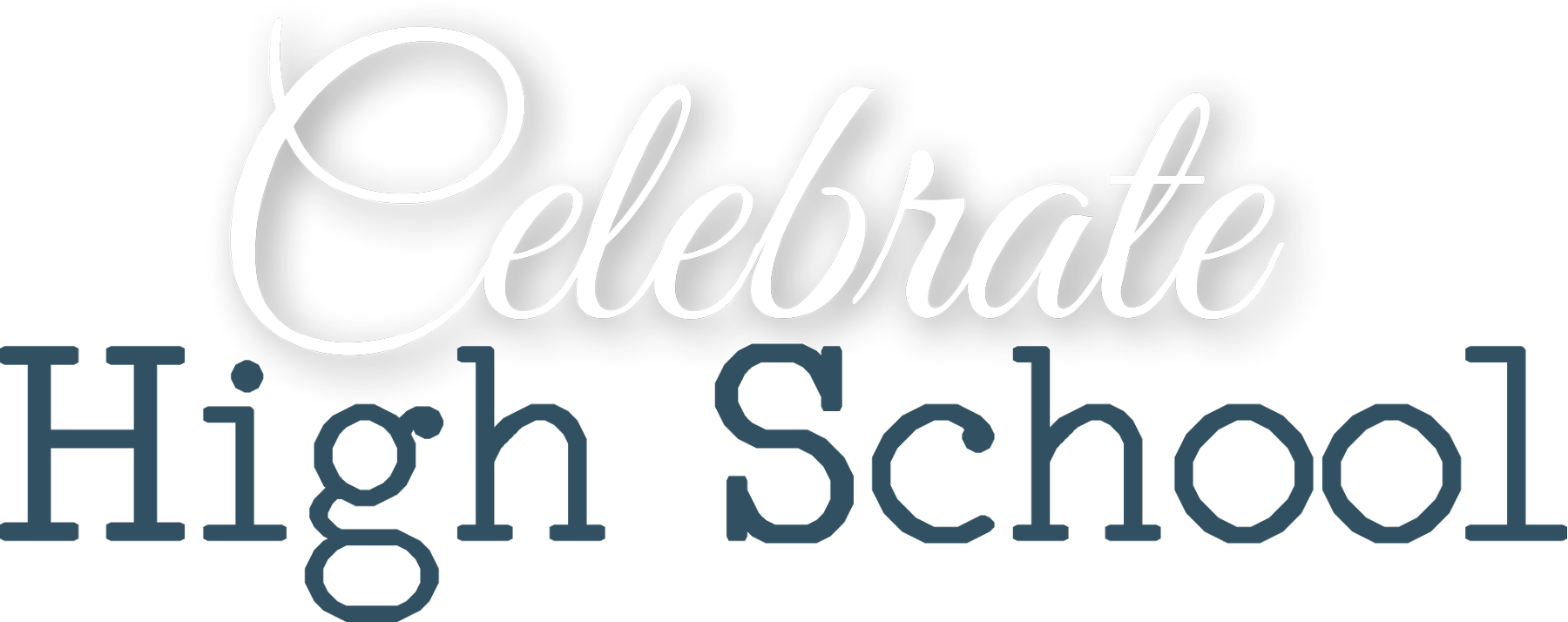
Differently
ome education in the high school years often beckons parents to move outside what is familiar—sometimes out of necessity to meet the needs of the learner and at other times to bring refreshment to stale methods. For some of us, that call may be to create a distinctively unique course directed toward learning preferences or interests. For others, customizing an existing curriculum may be the best solution. Regardless of the degree of change, walking a new path takes courage. Knowing other families have successfully trod before us brings hope and encouragement.
My son, an avid reader, devoured books. He read widely and quickly across core content areas. To keep up with his reading needs and accomplishments, library visits were scheduled every seven to ten days. As ninth grade neared, I sensed his English courses would be diverse, distinct in content and form, from what I had experienced or known. I began to search book lists for potential titles and asked my son what he would be interested in reading. Before long, we compiled a literature list, deciding we would intertwine American literature and American history.
As we moved through the year, we adjusted. For example, if he wanted to read an additional title penned by an author he enjoyed, we added the selection. I also discovered reading comprehension was being assessed through our conversations about the content—the characters, setting, and world events surrounding the plot. In addition, his vocabulary base continued to grow as most of his selections were on recommended college prep reading lists or in the adult biography and history sections of the library. I did purchase a supplementary vocabulary workbook, but looking back, it was only to assuage my fears. Writing assignments were either comparing two figures in history—for example, General George Washington and General George Patton—or an analysis of a literature piece or time period. Both were areas of strength for him. His freshman year was unlike any other I knew, but it met his learning needs perfectly.
I was comfortable reconfiguring history and electives, but I found it difficult to consider developing a non-traditional core course. Maybe you find yourself with similar concerns? You are confident change is necessary, yet cautious and hesitant to step away from what is comfortable. I pray this article is a catalyst of courage.
English Core Course
It is possible to design English studies with a high schooler’s learning styles, strategies, and interests in mind, while also incorporating life skills and preparation for post-secondary education. Start with what you know: communication includes the expressive language skills of writing and speaking, both necessary for life. From that foundation, should the high schooler apply for college, universities assume the four high school English credits required for admission will incorporate composition with mechanics, literature and literary analysis, and vocabulary building. Speech or debate are often individual English electives, though some parents include these two aspects of expressive language in their core English courses. With the broad picture known, focus on how each individual English component could be learned by your high schooler.
Writing is a top concern among parents, particularly assigning and grading papers. As with any subject, one option is to purchase a writing curriculum. It is also possible to hire a writing tutor or someone to grade papers. Learners with a writing strength may be most productive with writing mentors—published authors willing to apprentice—or taking part in a writer’s critique group. These options are particularly helpful for high schoolers who could write for publication while earning high school English credit.
Keep in mind, like many areas of high school, there is not one right way to learn or refine composition skills, regardless of whether the young adult is preparing to apprentice, start a business, enter the workforce, or attend college. Consider allowing your learner to weave some of these real-life experiences into his or her high school English credit to refine composition—composition with purpose.
Write effective, concise emails or text messages. This may seem rudimentary; however, emails and text messages leave memorable first impressions, especially with the number of emails and text messages exchanged on any given day.
- Create blog posts for personal use or to sell as a freelance writer.
- Summarize or analyze a passage, presentation, or event of interest.
- Critique a passage, presentation, or event of interest.
- Write a report that includes an executive summary, introduction, main body, recommendations, and conclusion.
- Write for publication.
- Compose a letter to the editor.
- Document and cite an independent research project.
- Write, edit, and submit essays for college admission or scholarships.
- Create a curriculum vitae (CV) or resume to include work experience, community service, skills, and accolades.
- Write a cover letter.
These skills provide practical, applicable practice for grammar, spelling, vocabulary, and composition. Should a learner have a specific career interest, writing can be focused and purposeful, utilizing motivation as fuel for learning. For example, an entrepreneur may best benefit from composing memos, creating business and marketing plans, preparing a SWOT analysis of an existing company, and writing grants and proposals. If you are unsure what writing applies for your learner’s intended career field, ask him or her for ideas. The research he or she has done likely has revealed potential writing needs.
Students with learning challenges in the area of composition have options as well. Some may prefer to use voice to text applications to produce written work, while others may benefit from watching instructional tutorials about document formatting and other concepts. Learning tools, such as reading pens, focus cards, Ginger Page, and Learning Ally, can be helpful as well.
Writing and speech complement and depend upon one another. For high schoolers who thrive in front of a group and aspire to refine their skills, anticipate needing proficient oral communication for their intended career, or prefer to communicate orally, oral presentations can foster written work and enhance the English credit. To add a speech component to the English course or create a focused elective, consider adding opportunities to:
- Compose and present a speech for a special occasion or academic presentation.
- Create a digital presentation to accompany a speech.
- Present and speak in front of a group.
- Participate in a speech and debate competition.
- Participate in Toastmasters.
The possibilities for the study of literature are plentiful. Though some colleges specify origins to be studied—generally American, British, or world literature—learners may choose to read other works in French, contemporary, Shakespearean, or ancient literature. There is not a consistent progression plan for which type of literature should be studied in any given year, and each family can decide the resources, activities, and delivery methods for these studies, pursuant to the state home education statute.
It is common for homeschooling families to incorporate literature with history studies; for example, reading American literature while studying American history. However, some families simply allow their learners to read according to interest, moving from author to author, recording title and authors of the selections read. Course titles are documented later on the transcript.
There are other ways to study literature. For auditory listeners, pieces of literature can be listened to through Audible, Hoopla, and Libby App. One of our learners would place a Kindle in the pocket of an apron to listen while gardening.
- Attending literary lectures, author interviews, and monologues at the local library.
- Watching online interviews with authors.
- Participating in book clubs or Socratic discussions.
- Attending theater presentations of classic literature, particularly Shakespearean theater.
- Visiting the homesteads of authors or studying the geographical area in which he or she wrote.
Vocabulary development continues to build through high school. Families could choose to purchase a vocabulary program or curriculum, pull unknown words from the literature selections being read, or study words recommended for SAT or ACT preparation. Some learners have found studying Greek and Latin roots helpful. Like other components of English, the possibilities for studying vocabulary are highly individual.
Core Courses
English is not the only core course that can be adapted to interest, learning preferences, and family circumstances. Any course can be uniquely designed not only for high schoolers to learn content, but also to meet their needs and career aspirations and give them the ability to thrive. When we are designing courses or compiling content for our high schoolers, we incorporate activities and assignments using different modalities—visual, auditory, and kinesthetic—with an emphasis on real-life experiences and applications. These often include related community service opportunities.
Homeschooling boldly in high school could mean completing high school core courses differently. Math may be textbook based but include discussions with engineers and scientists, economists, and financial planners—professionals who use and apply math to a career field. When looking for options for history, traveling to landmarks and places of significance, interviewing veterans and military or government personnel, visiting national parks and museums, participating in historical re-enactments, and planning a history fair for younger learners are just a few of the many possibilities. Similarly, science can be integrated into math and history while also offering unique experiences such as being a part of a research project on a college campus, preparing a science project, joining robotics or engineering teams, participating in an archaeological dig, interviewing a scientist over lunch, touring a factory or manufacturing plant, seeking behind-the-scenes excursion opportunities, and job-shadowing scientists. Experiential learning remains valuable in high school. The possibilities are vast when the world and the people in it are the classroom.
Is your family moving toward something distinctively unique for the core courses your learner will place on his or her transcript? Maybe it means adjusting your curriculum. It may also include taking learning off the page to make it practical, hands-on, and applicable to life, particular to the interests or career choice of that learner. Be innovative and bold, courageous and curious. What unfolds could be better than anything you or your learner ever thought possible.
